By: Christina Oliviera and Victoria Scott
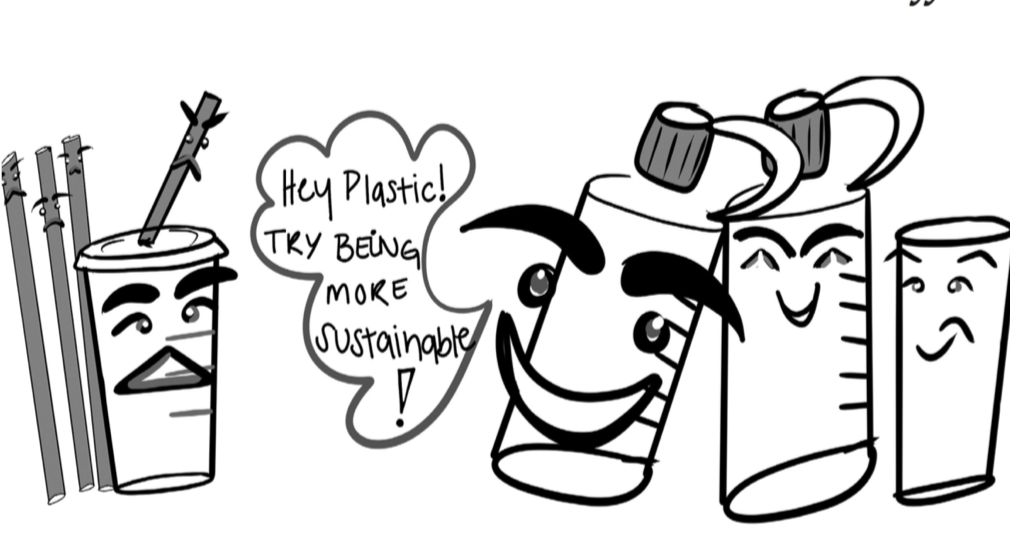
Dining Services cut plastic from the shelves of campus stores and eateries by providing reusable and recyclable alternatives. This is a part of its overarching initative to build a more sustainable consumption model for students.
Most plastic-bottled beverages in stores and cafes on campus have been replaced with glass bottles and cans, which are more easily recycled. For example, water is now sold in aluminum bottles, and Gatorade comes in cans.
When it comes to bottled drinks, the Cornell and Bush cafes are completely plastic-free; Olin library is 90 percent plastic free; and the C-Store lags behind at 60 percent.
However, students can now forego single-use beverage containers altogether by opting for reusable to-go cups at all Rollins cafe locations. These green cups can be purchased and returned through the OZZI container station in Dave’s Boathouse.
“We were looking for products that were 100 percent recyclable and eco-friendly,” said Heather Wilson, retail manager for Dining Services.
“The motive came from the school sustainability committee and the initiative to be on the same page with the school environment,” Wilson continued. “This is the way America is moving forward with the environment.”
Dining Services also purchased 350 large Nalgene water bottles that it plans to disperse to students and staff for free, encouraging them to reduce the use of disposable products. The Nalgene bottles will be given out at a tabling event on Thursday, March 21 from 12 to 1:30 p.m. on Bush Lawn.
These changes join an overarching campaign to educate the Rollins community on consumption. Past initiatives include the elimination of plastic straws, the removal of plastic bags, and the Campus Center’s switch to reusable to-go containers and the removal of plastic cutlery. Bamboo utensils are now used for catering functions.
Non-biodegradable plastic is one of the largest contributors to world pollution. According to Greenpeace, since the 1950s, only 9 percent of the 8.3 billion tons of the plastic produced was recycled; 12 percent was burned, and a massive 79 percent ended up in landfills and the environment. Around 12.7 million tons of plastic enters the ocean every year.
Outside of dining initiatives, Facilities Services has installed new LED lights in the Olin Library. “The most obvious [advantage] is energy savings, but there are other significant advantages including longer life and reduced maintenance cost, as well as improved light quality for the indoor environment,” said Scott Bitikofer, assistant vice president of Facilities Services.
Deborah Prosser, director of the Olin Library, said that the “LED lights are more cost-effective and burn longer, and more environmentally friendly because they burn cooler than other types of lights and therefore keep the heat lower in the building.”
These latest changes continue Rollins’ new tradition of considering environmentally-friendly alternatives to everyday products.
The Sustainability Program, the office which oversees all sustainability efforts of the college, also run a bicycle rental program, the Urban Farm—which sometimes provides fresh produce for the marketplace dining area—fair-trade initiatives, and the recycling program.
If you would like to get involved with sustainability and environmentalism on campus, you can join EcoRollins, an environmental activism club, or EcoReps, a peer-to-peer recycling education program.

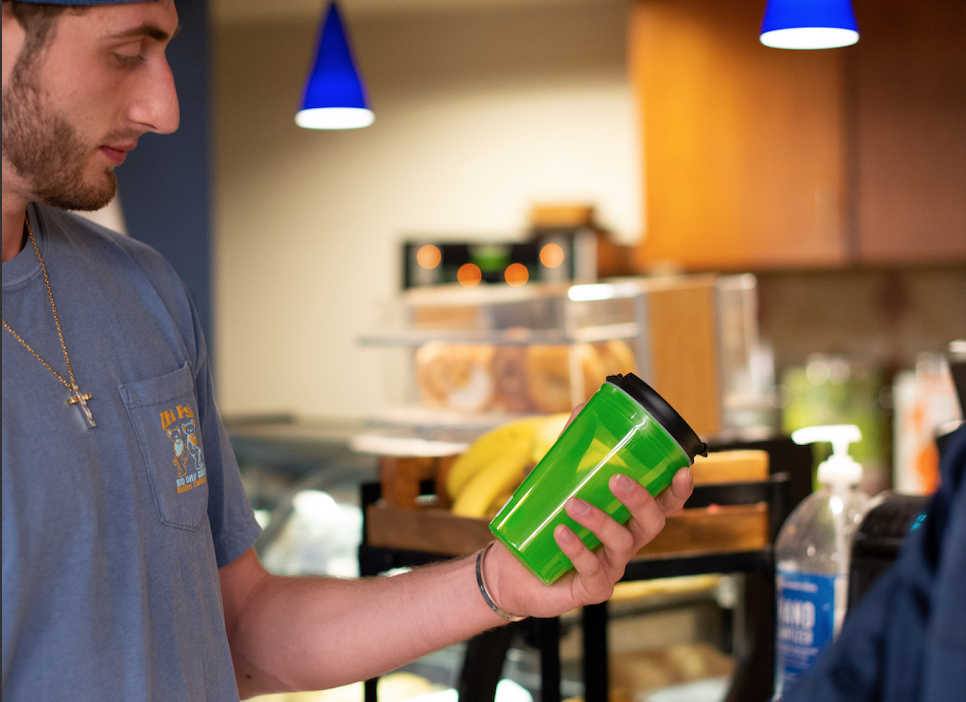


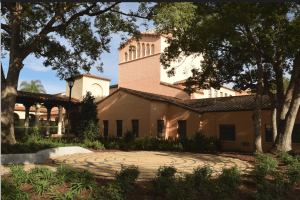
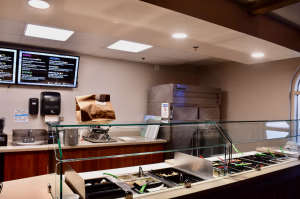
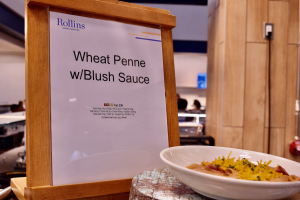
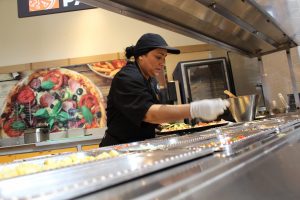
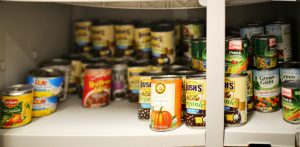
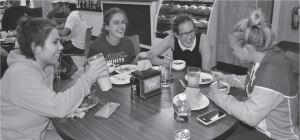








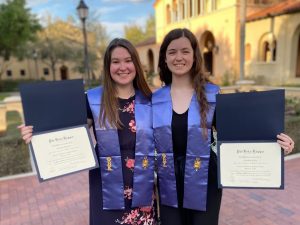
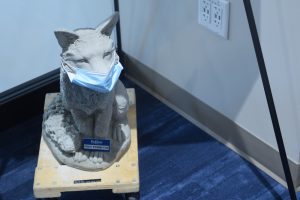

Be First to Comment